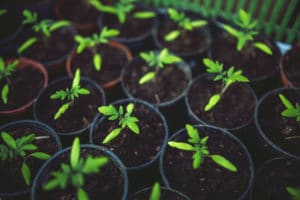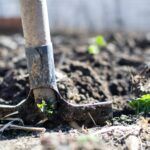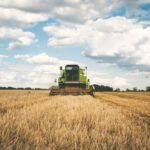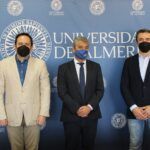The European Commission has today launched a public consultation on its future Action Plan on Organic Farming.
It is a priority for the Commission to ensure that the organic farming sector has the right tools in place as well as a well-functioning and consensual legal framework which is key to achieving the objective of 25% of agricultural land dedicated to organic farming. While the new organic regulation provides a solid basis, secondary legislation still to be adopted needs to be equally resilient. At the request of Member States, the European Parliament, third countries, and other stakeholders, the Commission has therefore proposed today as well to postpone the entry into force of the new organic legislation by one year, from 1 January 2021 to 1 January 2022.
The future Organic Farming Action Plan, due for adoption early in 2021, will be an important instrument to accompany the future growth of the sector. The Commission’s Farm to Fork and Biodiversity Strategies include the target of reaching 25% of agricultural land under organic farming by 2030. To help reach this target, the European Commission is putting in place and making use of key tools:
- An Action Plan for Organic Farming, which will be instrumental in helping boost the sector, both at demand and supply level. It will be organised around three key angles: stimulating demand for organic products while maintaining consumer trust; encouraging the increase of the organic farming area in the EU; and, enhancing the role of organic production in the fight against climate change and biodiversity loss, including in sustainable resource management.
- The new organic legislation, which will reflect the changing nature of this rapidly growing sector. The new rules are designed to guarantee fair competition for farmers while preventing fraud and maintaining consumer trust. To ensure a smooth transition between the current and future legislation and to allow the industry and Member States to be fully ready to implement the new rules, the Commission has proposed to postpone by one year its entry into force. The postponement was originally requested by Member States, the European Parliament, third countries, and other stakeholders due to the complexity and importance of the secondary legislation under preparation. As a result of the coronavirus crisis, work on the secondary legislation has slowed down. The postponement will allow sufficient time for the necessary extensive consultations and legislative scrutiny.
- The EU agri-food promotion policy, which supports the European agricultural sector by promoting its quality features on the internal market and in third countries. For the year 2021, the Commission plans to allocate a specific budget of €40 million to organic farming under the promotion policy. This budget will co-finance promotion actions and information campaigns on the EU organic sector, raising awareness about its qualities and aiming at stimulating demand.
In addition to these key tools, the current and future Common Agricultural Policy (CAP) will continue to support the further development of organic farming in the EU. For instance, measures under the rural development programmes offer support to farmers who wish to convert to organic farming as well as maintaining this type of agriculture.







Leave a Reply